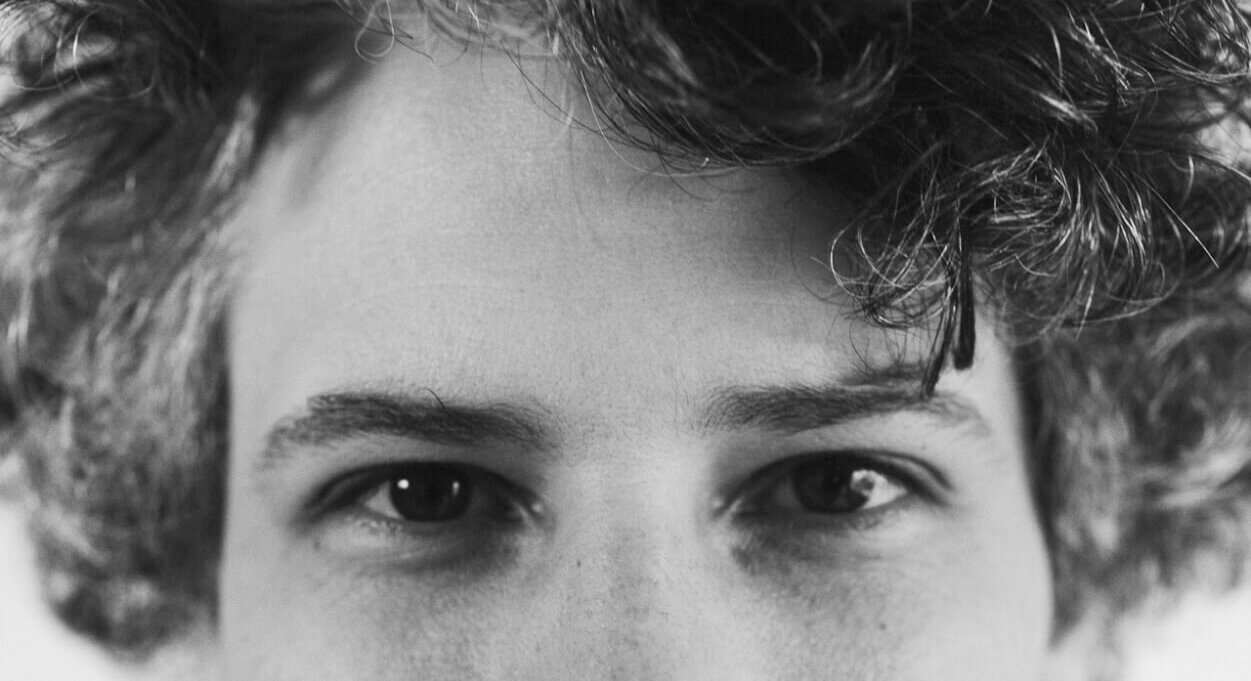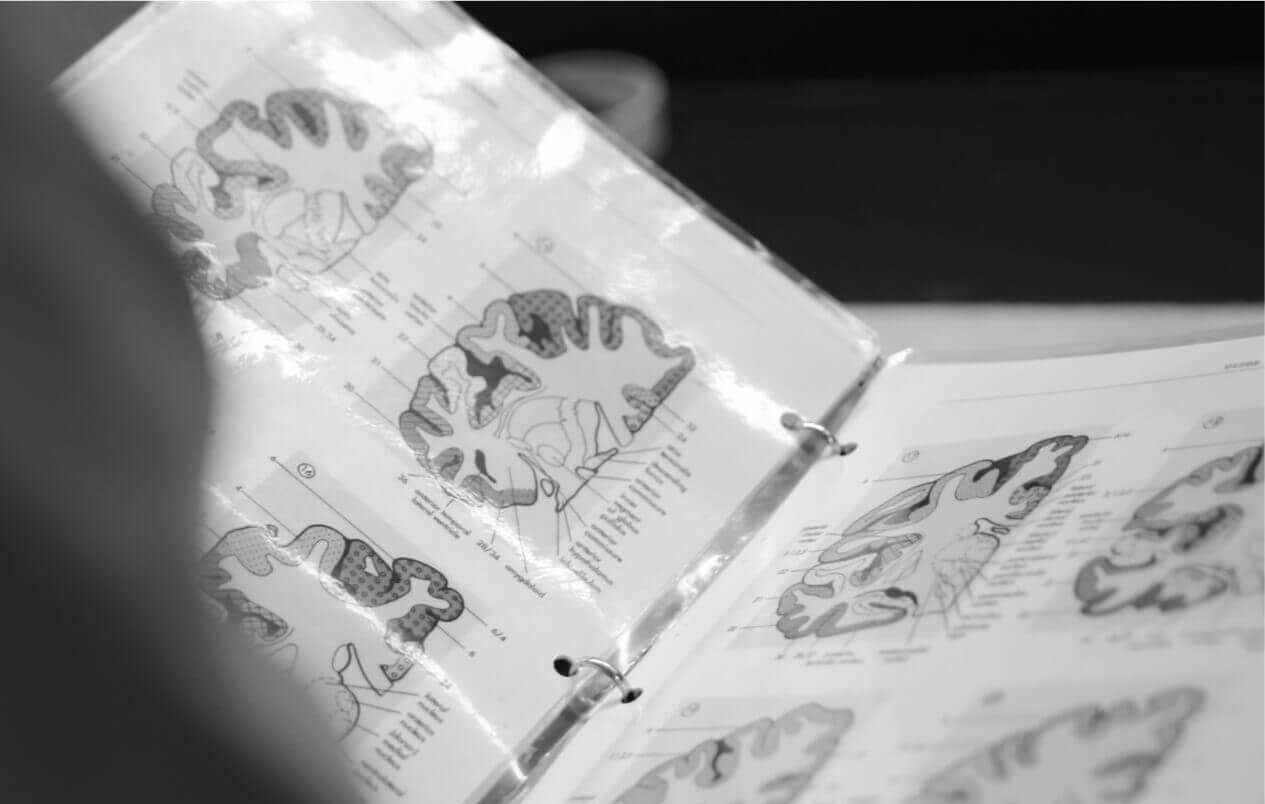What Do We Know About Epilepsy?
Epilepsy is a neurological disorder is characterized by recurrent seizures — brain donation can help epilepsy researchers
Epilepsy is a neurological disorder characterized by recurrent, unprovoked seizures, of which there are many types and forms. The condition can affect people of all ages, and in the US, it is estimated that nearly 3.4 million people live with the disorder.
Seizures occur due to sudden, excessive electrical activity in the brain, and they can range from brief lapses in consciousness to intense convulsions or unusual sensations.
Causes of epilepsy can be diverse, including genetic factors, brain injury, stroke, infections, and developmental issues. However, sometimes the cause is unknown.
Treatment typically involves medication to control seizures, but in some cases, surgery, dietary changes, or other therapies may be considered. Management strategies aim to reduce the frequency and severity of seizures and to improve the quality of life for those affected.
Research on epilepsy continues to make significant strides in various areas. For example, advances in genetic research are identifying specific genetic mutations associated with different types of epilepsy that can aid in understanding the underlying causes and developing targeted therapies. Gene-editing techniques like CRISPR explore potential ways to correct genetic abnormalities responsible for epilepsy.
But by studying donated brain tissue from people who had epilepsy, researchers can investigate the underlying mechanisms that cause seizures that may lead to better diagnostic tools and treatments. Brain donation is a crucial component of advancing epilepsy research leading to better treatments, improved diagnostic methods, and ultimately, a better quality of life for individuals with epilepsy.
What others have said after pre-registering:
“I’m donating my brain to help with research. My family has a rare genetic disease (I’m not affected) but four of the six siblings are. I just hope my brain can help figure something out for future generations.”
– Registered Donor, K.E.
“I have annually made donations to different scientific endeavors. However, no scientific endeavor can impact humanity more than brain science addressing the unknowns about the brain. The donor program permits me to make my last contribution one of high potential impact.”
– Registered Donor, H.J.
Common Questions
Sign Up For Our Newsletter
For news, donor stories, new merch and more



